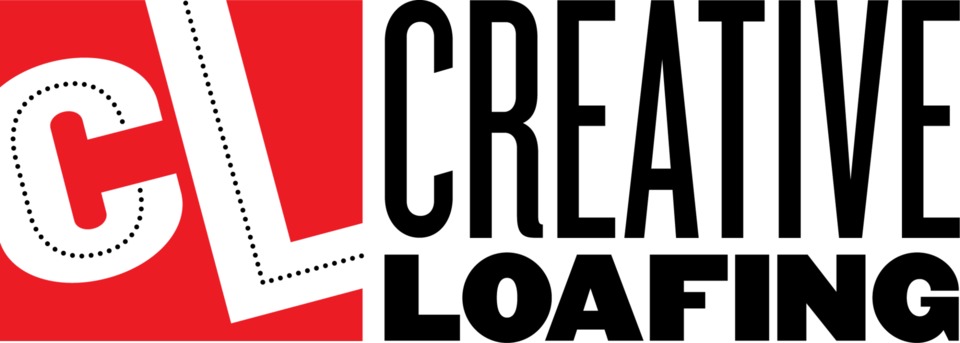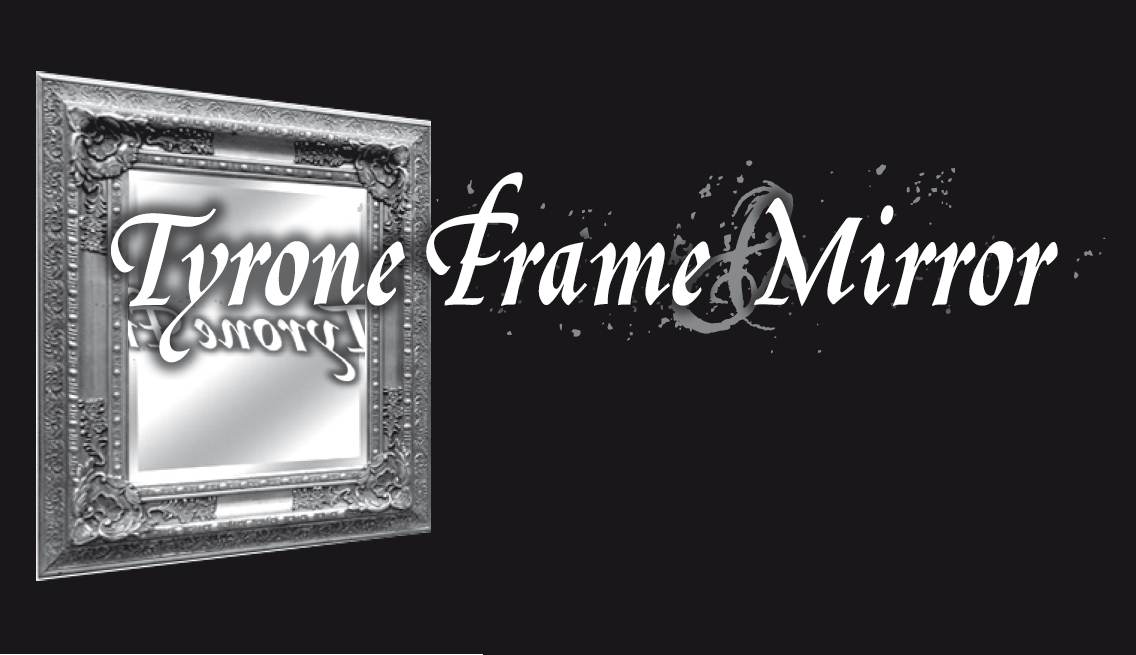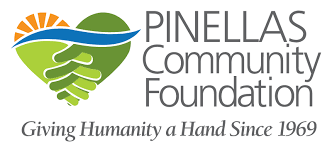Celebrating Herb Snitzer: A Photographic Legacy
Part of The Studio@620 Social Justice Initiative
Signature Event Series Social Justice InitiativeThe Studio@620 is hosting a months long celebration of a local legend, photographer Herb Snitzer.
This in depth exploration of Snitzer’s work will go beyond his well known portraits of iconic Jazz legends to include photojournalism images of the civil rights era. To further convey the significant influence he has had on photographers that have followed him in the profession, a curated group exhibition will be part of the series with images inspired by Snitzer’s legacy.
Exhibition Schedule
September 2020: Visions of Social Justice; Images of Life and Strife
October 2020: Homage to an Influencer; A Curated Group Exhibition
November 2020: All That Visual Jazz
Exhibits will be made available for viewing by appointment to small groups in order to follow social distancing guidelines.
In His Own Words:
“The civil rights movement played an important part in how I view life. I was photographing right in the middle of it. I think that helped solidify the fact that I wanted to photograph people, photograph culture.
It’s hard to believe, but I’d walk into a club and Dizzy Gillespie’s there, and I’d wave at him, and he’d wave at me and say, ‘Hey, Herb,’ and we just did our thing. I was talented with the camera, and they were talented with the music. I was just part of the jazz community. The only performer who ever gave me any heartache was Betty Carter, the singer, who, for whatever the reason, wouldn’t let me photograph her.”
— Herb Sniztzer
See the source of this excerpt from Snitzer’s intervief with Art Levy – read more here.
About Herb Snitzer
Philadelphia native Herb Snitzer received his B.F.A. from the Philadelphia College of Art in 1957. Moving to New York after graduation, Herb quickly established himself as a top photojournalist and assisted Arnold Newman, one of the great portraitists of our time.
Herb started freelancing for magazines like Fortune, Time, Look, Life, and the Saturday Evening Post, and, in 1959, became the photo editor of Metronome, one of America’s leading jazz publications. His tenure there provided him the opportunity to photograph and become friends with many of the jazz legends of that era.
His photographic, social and political interests cover a wide spectrum of issues, which find their way into his visual work. Freedom, equality and justice are all expressed in his political images, yet he has also found the time to work with more personal and intimate expressions about life and living. His work is in the collections of many museums and private collectors; the Museum of Modern Art, Houston Museum of Fine Arts and Boston Museum of African American History, and the collections of Elton John, Bill Cosby, Bill & Hillary Clinton to name a few.
Photo Credit: Tom Kramer























